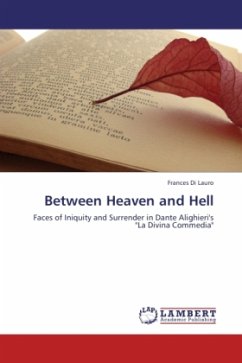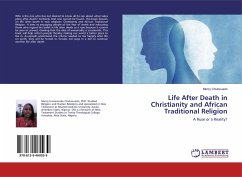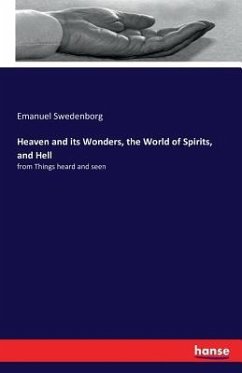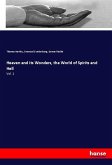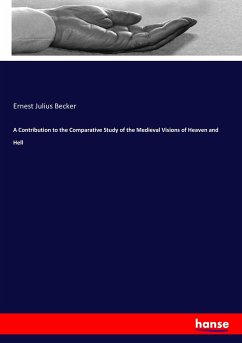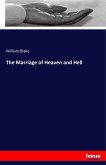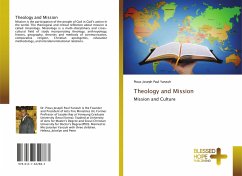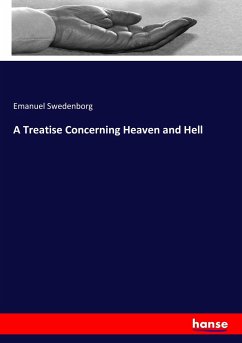Early in the twentieth century, the Spanish scholar and translator, Miguel Asín Palacios, claimed that Dante Alighieri had appropriated many features of his otherworld narrative, "La Divina Commedia," from Muslim sources. Some decades later one such source was discovered that dated to the thirteenth century. The manuscript had been translated into Spanish, making it accessible in that language to Europeans. That discovery refuelled the claim that Dante derived his inspiration from Moslem sources, a claim that persists to the present time. This book demonstrates through the close analysis of aspects of Asin's thesis and three case studies, that Dante instead follows precedents in sources from the Judeo-Christian corpus, sources that predate the emergence of Islam. The analyses of the case studies contain new information and original interpretations on the lives of the historical characters, Brunetto Latini, Reginaldo degli Scrovegni, and Manfredi Hohenstaufen (the illegitimate sonof Frederick II). These analyses should be of interest to students of mediaeval and specifically Italian history, religion and literature, and to those who have followed scholarship on the "Asin thesis."
Bitte wählen Sie Ihr Anliegen aus.
Rechnungen
Retourenschein anfordern
Bestellstatus
Storno

